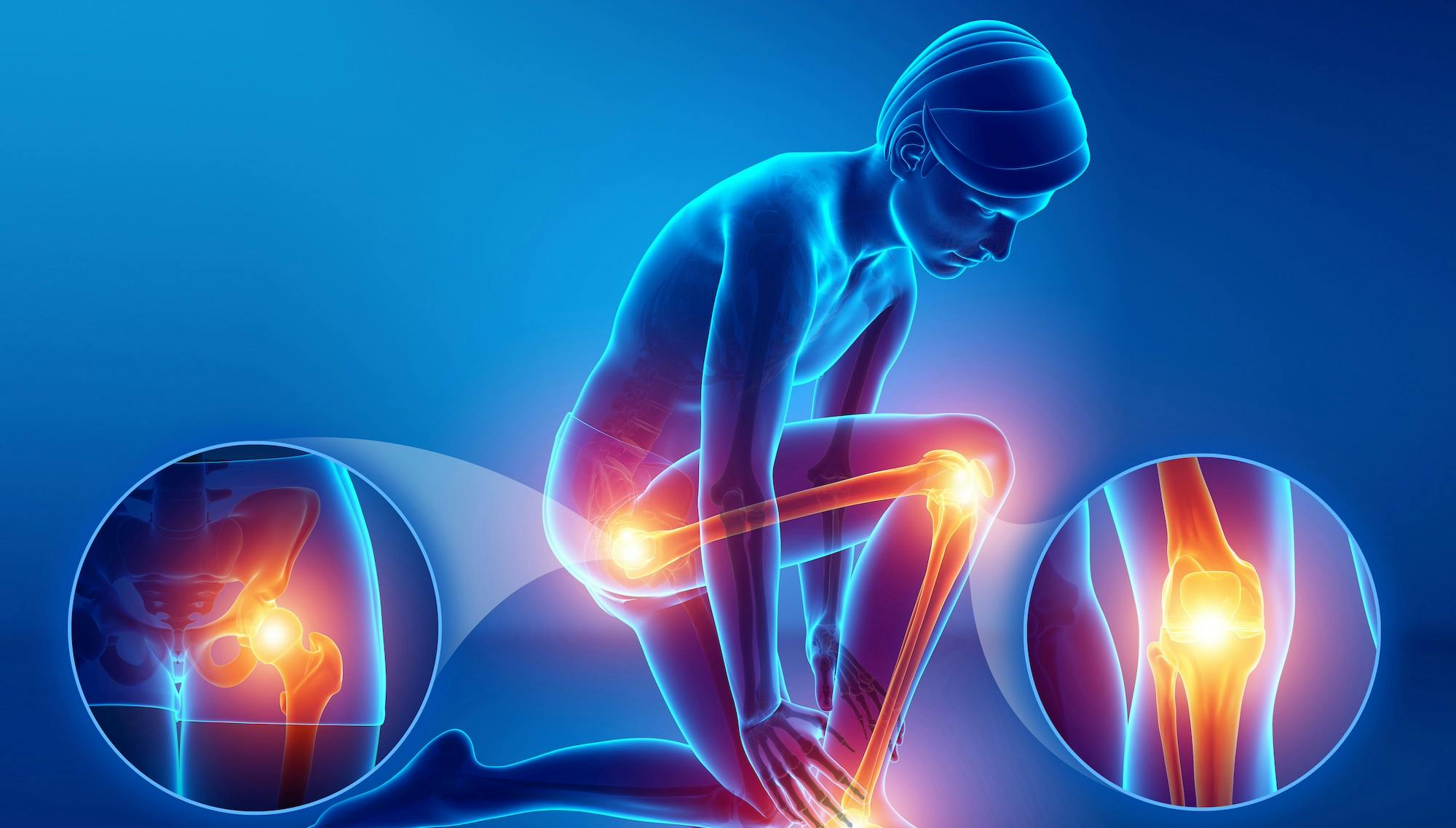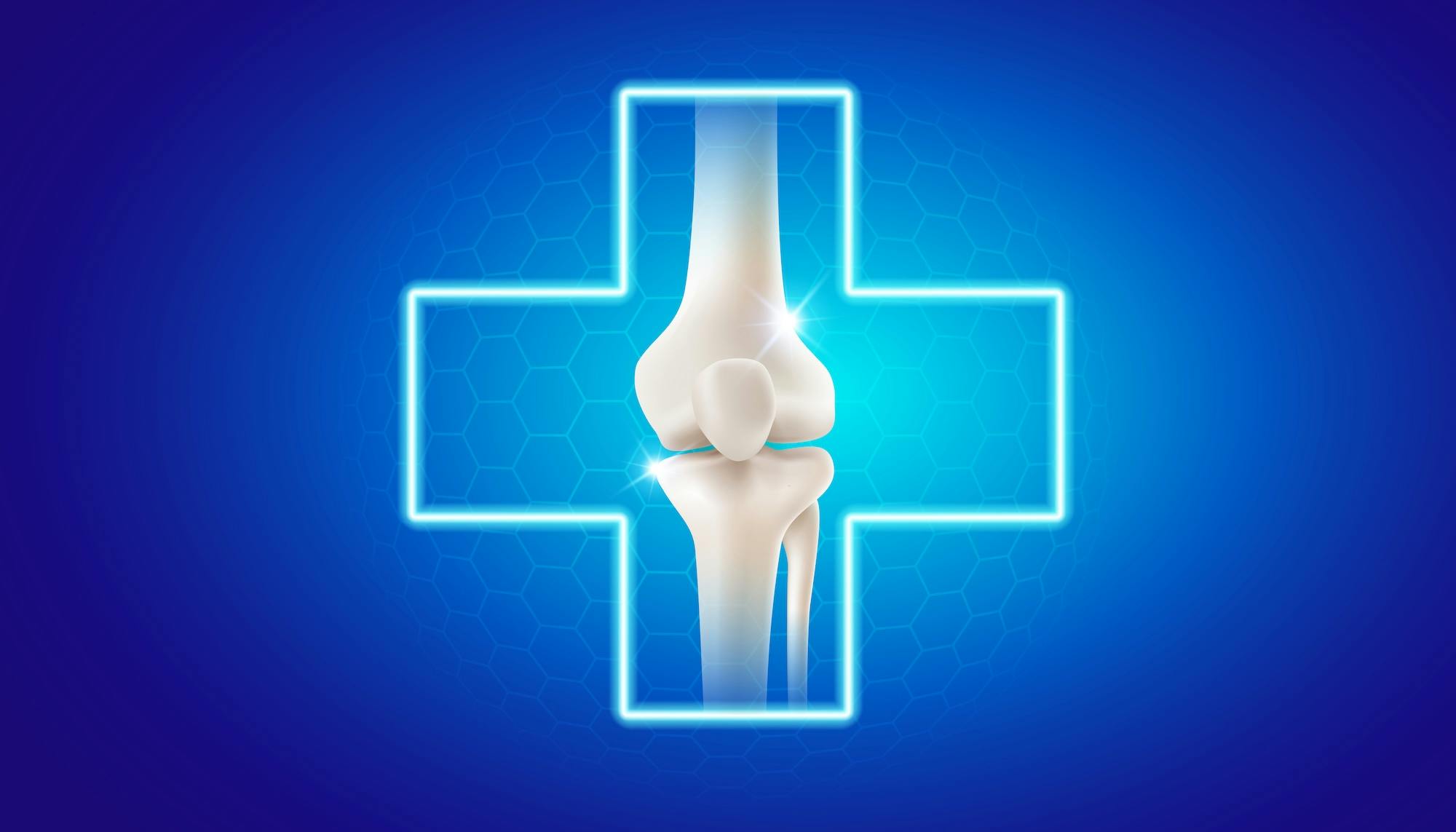- Blog
Adult Reconstruction & Joint Replacement
Posted on 04-16-2025 in Total Knee Arthroscopy, Knee Pain, Total Hip Arthroscopy, Hip Pain, Knee & Hip by Dr. Brett Smith

Posted on 04-16-2025 in Total Knee Arthroscopy, Knee Pain, Total Hip Arthroscopy, Hip Pain, Knee & Hip by Dr. Brett Smith
As a subspecialty of orthopaedic surgery, Adult Reconstruction includes the in-depth study, prevention and treatment of musculoskeletal injuries and conditions caused by various diseases and disorders using innovative surgical and non-surgical intervention. At North Florida Bone & Joint Specialists, our expert subspecialist, Dr. Brett Smith, focuses on the care of knee and hip arthritis and other disorders related to the knee and hip.
Additionally, Dr. Smith and his team specialize in total joint replacement of the knee and hip. Total joint replacement is a surgical procedure in which parts of an arthritic or damaged joint are removed and replaced with a metal, plastic, or ceramic device. These prostheses are designed to replicate the movement of a normal, healthy joint.
Total hip replacement surgery is a safe and effective option to relieve pain, increase motion and help patients return to everyday activities they once enjoyed. According to the Agency for Healthcare Research and Quality (AHRQ), more than 450,000 total hip replacements are performed yearly in the United States. That number is expected to rise to 850,000 procedures by 2030.
Typically, candidates for Total Hip Replacement are those who have damage from arthritis, fractures or other conditions that medications, changes in activities and use of mobility supports have not helped. These patients find simple activities, such as walking or getting out of a chair, painful and difficult. They may experience stiffness in the hip, making it uncomfortable to rest in bed or impossible to put on shoes and socks.
First performed in 1968, total Knee Replacement Surgery is equally as safe and even more common than hip replacements, with more than 754,000 procedures performed in 2017 in the U.S., according to the AHRQ. This surgical option may also be appropriate for patients who have not responded to medications or find that walking supports are no longer helpful. Surgical candidates typically have severe damage from arthritis or an injury, experience pain from simply walking or climbing stairs and may find sitting or lying down painful.
With both types of Total Joint Replacement, recovery varies by patient, but using the “new” replaced joint is encouraged. Some temporary pain is expected in the replaced joint due to inactivity and weakness of the surrounding muscles as the body adjusts to the new joint and healing tissue. However, this pain typically resolves within a few months. Rehabilitation, including an exercise program devised by your surgeon and physical therapist, will aid in the restoration of joint strength and movement.
The goal of these life-changing procedures is an improved quality of life, with less pain and improved motion and strength. Over the long term, the vast majority of patients can more easily perform daily activities that have become difficult or impossible after total joint replacement surgery.
To learn more about Dr. Smith’s background and experience, visit his page or complete an online appointment request to schedule a visit.

March is National Nutrition Month®, and as part of the conversation, the North Florida Bone & Joint team wants to emphasize the impact diet can have on your bone health. Before diving in, it's essential to understand the role the skeleton plays in your body. Specifically, the skeleton—and the bones its comprised of—serve the following functions:

At North Florida Bone & Joint Specialists, we’re committed to delivering convenient, expert care throughout the Gulf Coast. As part of that commitment, we’re excited to announce the expansion of our clinical office footprint. In March, we opened two new locations in Milton and Navarre, FL, further enhancing our ability to serve patients across Northwest Florida.

Valentine’s Day is all about love—so why not show your joints some love, too? Whether you’re an athlete, an active adult, or simply looking to maintain mobility as you age, taking care of your joints is essential for long-term health and well-being. At North Florida Bone & Joint Specialists, we believe that self-care isn’t just about relaxation—it’s about making intentional choices to keep your body strong, pain-free, and resilient. Here are four self-care tips to keep your joints healthy and moving with ease: